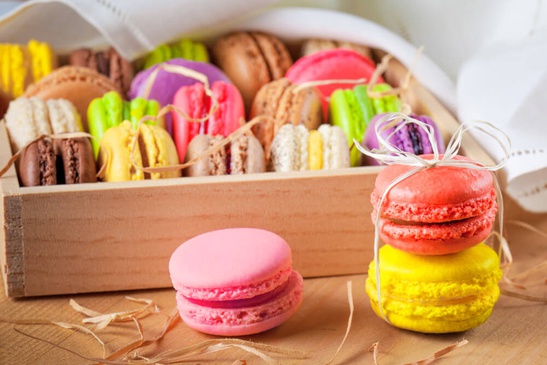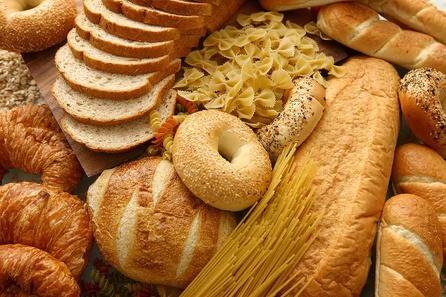Children's hyperactivity is an increasingly recurrent and frequent topic in families and schools. Children can no longer concentrate, have learning difficulties, feel overwhelmed by emotions that they cannot manage and relationships become complicated and conflictual with parents, teachers and classmates alike.
The suffering child is often misunderstood and parents are often helpless in the face of this evil that the child is imbued with. Allopathic doctors very often treat this type of disorder with soothing drugs that unfortunately hide the real problem that is the cause of the suffering. Children are put in a zen and calming bubble, mainly because of a lack of resources or solutions.
The solutions exist however
By adjusting a certain dietary setting, by reducing computer screens, television and abusive video games, it is possible to regulate certain sources of hyperactivity or at least attenuate them.
Before emphasizing food hygiene, we can also specify that a light hepatic detoxification is possible in children over 4 years old. The method used will therefore be of the order of very gentle methods such as hydrolats which can give incredible results in children: rosemary officinale à verbénone and peppermint.
Let's get back to nutrition and what we put on our plates but also in those of our children. There are a very large number of foods and food compounds that must be banned from our kitchens:
- Food coloring Realize that lollipops or other candies and sweets that color the tongue of your toddlers may be fun at the time but we are facing a real poison for the brain of your children. The list is endless but here are some codes that you can find and therefore avoid on the list of food ingredients:
- Tartrazine Yellow E102
- Red E128
- Blue E133
- Brown E154
- Black E151
- Artificial flavors: strawberry, vanilla, banana, etc. If a yoghurt contains flavourings, you can be sure that it contains little or no fruit. In any case, not enough for them to have a beneficial role in providing the body with the necessary nutrients.
- Sodium glutamate: a flavour enhancer that wreaks havoc on your health. It is found, for example, in bouillon cubes.
- Excessive fast sugars such as sodas, pastries, pastries, candies, sweets of all kinds. This type of sugar has a significant impact on the health and hyperactivity of children. Let's avoid sugary syrups in baby bottles from a very young age or honey on the teat to soothe seizures because this only accentuates them.
- Refined foods such as white bread, white flour, white salt, white pasta, non-organic processed oils
- Non-organic quality foods that are composed of as many pesticides, herbicides, fungicides and other destructive -cide molecules as they are healthful nutrients.
- Gluten: gluten-containing cereals should be avoided as much as possible. A preference will then be given to the consumption of gluten-free cereal products. Be careful not to throw yourself on industrial products labelled "gluten-free" which are not interesting foods because they are often enriched with sugar or saturated fats.
- Also protect your children by not offering them breakfast cereals every morning: this type of breakfast is a condensation of harmful products: sugars, coloring agents, additives and in the end very few benefits to bring energy and health to the child. Moreover, these cereals are bathed in a bowl of cow's milk which is no less interesting.
- Excessive dairy products: cow's milk, yogurt, fresh cheese, hard or soft cheese, yogurt specially designed for children, which are all the more rich in refined and added sugars.
Of course, depriving children of all these food resources would be a sign of utopia because whether in schools or at birthday parties, our children are subjected at one time or another to this type of desire and food attraction. We can't deprive them of everything. The right approach is to keep a close eye on our toddlers' pockets and plates.
Swap sugary snacks for fruit, overly sweet breakfasts for healthier alternatives, teach them to drink water and not excessive sodas and, above all, make them understand that these little pleasures of life must remain occasional but in no case should they become a habit.





